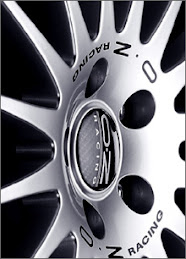
Although one might think that there are fewer dangers around exotic cars, the fact remains that there are many dangers in expensive vehicles, usually just as many as in any other vehicle. And this is not just the carbon monoxide that comes out of the overpowering exhaust.
Below are some of the toxic dangers that have been found in exotic cars.
– Auto restoration and upgrading dangers
Exotic cars must by definition be the pinnacle of performance, they often go through any processes in the manufacturing process that many other types of cars do not go through. What this means is that the exotic car is at risk for exposure to a much greater number of toxins than the ordinary car. When a car is restored or upgraded, it attracts more toxins like solvents used to accentuate the paint job or make the interior shine. This shine does not come for free, but is due to toxic chemicals which can cause dermatitis if they are exposed to a person for long enough.
– Inhaling the chemicals of exotic cars
Fortunately, manufacturers today are doing a better job not using asbestos for their car parts like brake pads, hood liners, clutch plates, etc. Although, inhaling the chemicals that are used in making and preserving exotic cars can cause many long-term effects if they are exposed to humans in large quantities. Some of the more serious long-term effects include mesothelioma and asthma. These are definitely not the only types of disorders that chemicals cause, although they are the most famous. Other types of problems caused by coxswains in exotic cars include liver dysfunction, migraines, prostate cancer and arthritis.
– Pre-existing conditions
The reason that the United States does not allow certain types of exotic cars into the nation is because of the long-term effects that these cars have on people who are exposed to them for a prolonged period of time. This is even worse for people who have pre-existing conditions such as asthma or chronic bronchitis. These types of conditions are easily aggravated by the chemicals that are used in the cars for restoration and preservation. As well as the chemicals that are used in packaging the car for delivery to the United States.





















No comments:
Post a Comment